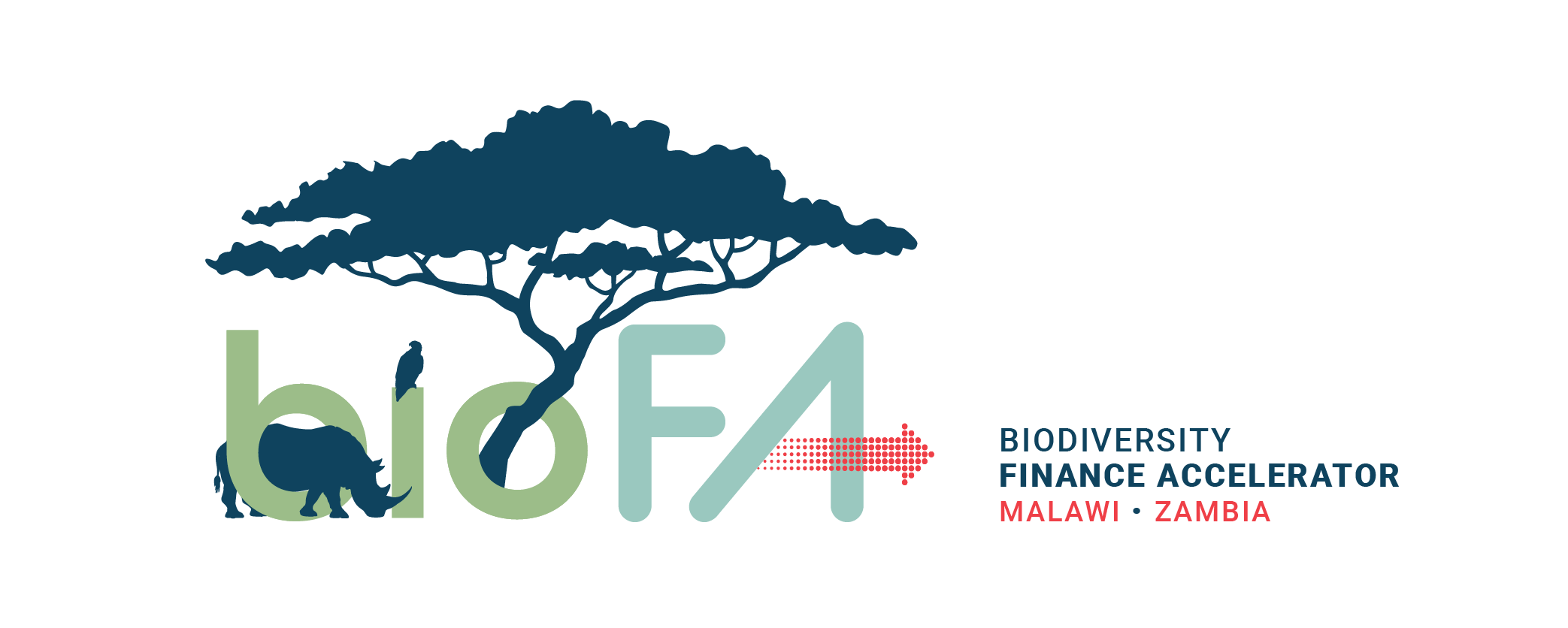BioFA Impact Insights: The effects of biodiversity-positive MSMEs in Malawi and Zambia
Globally biodiversity loss has been accelerated by human-induced changes to ecosystems and their functions. In Malawi and Zambia, biodiversity plays a crucial role in the socio-economic success especially considering its role in forestry, fisheries, and wildlife sectors. Unfortunately, mass deforestation and demand for timber products have resulted in severe losses of biodiversity in these ecosystems.
The BioFA team has published an impact report to illustrate the crucial role of biodiversity-positive enterprises in protecting and restoring natural environments. Through two surveys conducted before and after the BioFA enterprise support programme, the report reviews how participating enterprises support biodiversity conservation and restoration, insights to their economic potential, and their impact on providing quality and equal jobs for their employees.
The results found that these enterprises improve the status of biodiversity by (a) providing biodiversity-based products that improve the abundance of important insects (i.e. bees), indigenous species, and trees for reforestation; (b) providing sustainable alternative resources that reduce communities' demands for forest or other natural products; and (c) ensuring sustainable management of aquaculture and fisheries. Strikingly, 86.2% of the enterprises reported growth in 2021 with an average 90% increase in sales compared to 2020. In addition, 92.8% of the enterprises provided their employees with several of the quality job indices, including components such as equal pay, work benefits, and skills training. However, these enterprises remain highly vulnerable to climate change as their supply chains and customers face impacts that hamper business performances.
All in all, this report demonstrated the necessity for further inclusion of biodiversity-positive entrepreneurship in the international dialogue on the conservation of biodiversity as well as global and national actions to accelerate green finance for climate action. It is imperative that these biodiversity-positive enterprises are recognized as key actors in the green economy transition and continue to receive financial and non-financial support from the public and private sectors.
Biodiversity Finance Study: Filling the Missing Middle Financing Gap
Biodiversity loss has detrimental effects on the functioning of our natural environments and the people who live and depend on them for their livelihoods. Deforestation in Malawi and Zambia is rampant and a major threat to biodiversity. This loss is caused by excessive natural resource demands, encroachment into forested areas, and land use change. Governments have begun expanding their policies, and acts such as the 2018 National Resilience Strategy in Zambia and the 2015 National Forest Policy in Malawi have illustrated a growing urgency and action in conservation efforts. However, not all of the solutions have been fully developed.
One major solution actor that has been side-lined are biodiversity MSMEs. These small-scale businesses hold the key to ensuring better biodiversity conservation. Whether it be reducing the demand for wood or generating sustainable agriculture practices, biodiversity enterprises are the embodiment of the concept of think global, act local when it comes to biodiversity conservation. They deliver triple bottom line achievements and successfully improve the well-being of their local communities. Unfortunately, they also fall within the missing middle, where MSMEs fall into a financial bubble that restricts their access to finance – for example, high interest rates, short payback periods, or failing to fit in the high-growth category that larger funds prefer. Financial institutions need to break down barriers to finance and develop innovative solutions that would include more conservation related entrepreneurship.
The BioFA team has developed two scoping reports for Zambia and Malawi: Filling the Missing Middle Financing Gap. The reports aim to (a) give a brief review of the country's state and challenges to biodiversity conservation; (b) highlight how the current policy agenda is taking strides toward biodiversity conservation and how MSMEs contribute to support these actions; (c) clarifies the shortfalls of current financing for MSMEs and presents the best practices for biodiversity conservation financing; (d) Depicts the current ecosystem of biodiversity finance available for MSMEs; (e) presents a future road map and recommendations to improve biodiversity financing for MSMEs. Click on the country to read and download the report here:
